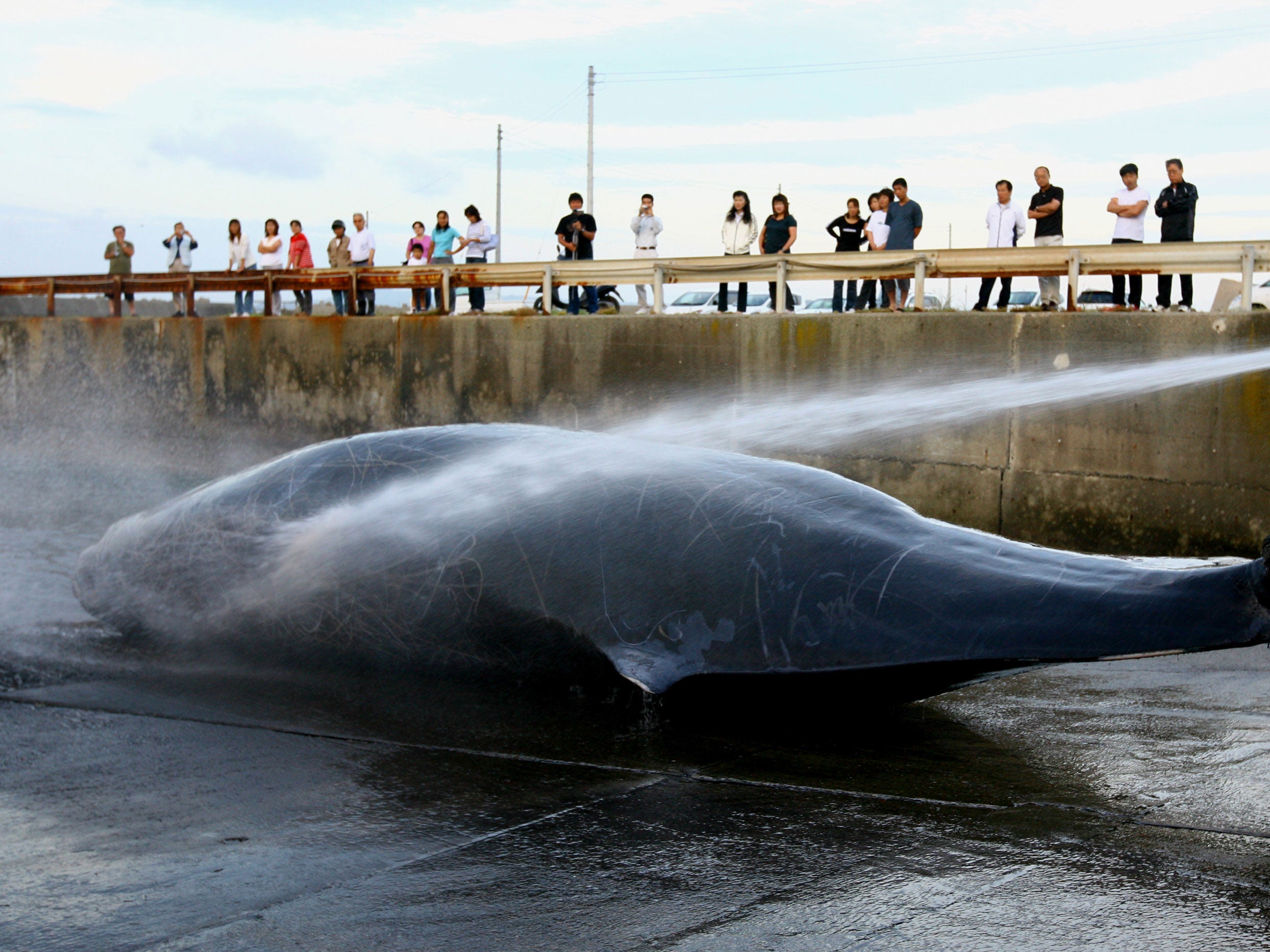Anonymous shut down Tokyo airport website in retaliation for detention of American anti-whaling activist
The website of Japan's main airport was taken offline for several hours over the weekend

Hacktivist group Anonymous have claimed responsibility for a cyberattack on the website of Tokyo's Narita airport over the weekend.
The airport's website went offline between 22 and 23 January, after a Distributed Denial of Service (DDoS) attack caused it to collapse under the strain of too much traffic.
A number of Twitter accounts associated with Anonymous claimed the cyberattack was in retaliation for the detention of Ric O'Barry, an American dolphin trainer turned animal rights activist, who has been a vocal critic of Japanese whale and dolphin hunting.
One tweet, purportedly sent by someone who worked on the cyberattack, read: "We support Ric and demand his release now!"
O'Barry, who appeared in The Cove, the Oscar-winning documentary about Japanese dolphin hunting, was detained on 18 January while trying to enter Japan on a tourist visa.
Immigration authorities did not say why he was not let in to the country, but many have speculated it was due to his well-known anti-whaling activism. He is now set to be deported, and is facing a five year ban from Japan.
While the attack prevented people from accessing the website, airport officials told the Japan Times that only the customer-facing side of the site was affected - flights continued to operate normally and customers' personal information was not at risk.
The airport cyberattack came just a couple of weeks after Anonymous took down the website of Japanese car manufacturer Nissan, again in protest at Japan's recently-announced resumption of whale hunting in the Antarctic.
The latest round of Anonymous attacks began in November last year, after Japan announced it would resume whaling this summer after a year-long hiatus.
The Japanese Fisheries Agency has limited the number of whales that can be hunted, however - up to 333 whales a year will be able to be killed by Japanese whalers for the next 12 years.
Join our commenting forum
Join thought-provoking conversations, follow other Independent readers and see their replies
Comments
Bookmark popover
Removed from bookmarks